On November 4, 2020 CPA Canada hosted a roundtable with CRA where some questions resulting from their October 26, 2020 session were addressed. CRA noted the following:
CEBA - Taxability of loan forgiveness
CRA reaffirmed their comment that the forgivable portion of the CEBA loan is to be included in the year it was received. They noted that a loan is still considered a forgivable loan from the outset (and therefore subject to an income inclusion under Paragraph 12(1)(x)) even if there are conditions to be met. They will also be releasing a technical interpretation shortly on this topic.
CEWS - elections and choices
CRA noted that there are some elections, and some choices (which don’t require elections) in respect of CEWS claims. A “choice” can be amended by filing an amended return but an election previously made currently cannot. However, if Bill C-9 passes as proposed, elections will be able to be revoked or amended.
CEWS - baseline remuneration
CRA was asked what applicants should do if they calculated baseline remuneration using CRA’s previous guidance (given in a CRA/CPA session conducted in the summer) which differed from the guidance given in the October 26, 2020 session. CRA stated that amendments can be made to prior claims but provided no other guidance as to the correctness of their position or whether relief would be provided if an issue arose.
CEWS - normal reassessment period
The normal reassessment period (3 years for CCPCs, individuals and several others) would commence after the day that a CEWS Notice is issued. CRA did not specify what a CEWS Notice was. The period can be extended where a misrepresentation due to carelessness, neglect, or willful default or fraud has occurred.
CEWS - interest
Interest applies on required CEWS repayments resulting from an amendment or correction, however taxpayer relief can be applied for. There is no proactive relief being offered.
CEWS - WIP
CRA is still reviewing the appropriate treatment of WIP in respect of the revenue calculations.
CEWS - affiliated party election
All members of an affiliated group (not just those with eligible employees) must be included when evaluating revenue using the affiliated group election.
CEWS - accrual method election
Revenue calculations are to be done under the entity’s normal accounting practices. The election enabling the use of the accrual method under GAAP is not available to those whose normal accounting practices use an accrual method that is not in accordance with GAAP. Instead, the election is available to those who’s normal accounting practice is done on a cash basis.
CEWS - different elections for different periods
For the choice under 125.7(4)(a) (for individual members of a consolidated group to evaluate revenue separately) and for the election under 125.7(4)(b) evaluating revenue for an affiliated group on the consolidated basis), the choice/election can be made separately on a period by period basis. They are available for all periods.
Employment benefits - corporate vehicles
No relief can be granted in respect of the standby charge issues that may occur as business travel diminishes due to COVID-19.
If certain conditions are met, CRA permits a lower fixed rate to calculate the personal benefit of corporate vehicle when the vehicle is taken home at night from a regular place of employment. The fixed rate for 2020 is 28¢ per kilometre (including GST/HST and PST). The conditions can be found here (see “motor vehicle home at night”). One of the conditions is that there has to be a valid business reason for making the employee take the vehicle home at night. CRA stated that the reduction of COVID-19 risk (e.g. by facilitating social distancing) is a valid reason. When required to travel from home to a point of call, or vice-versa, the travel is not considered personal.
To view the session click here.
